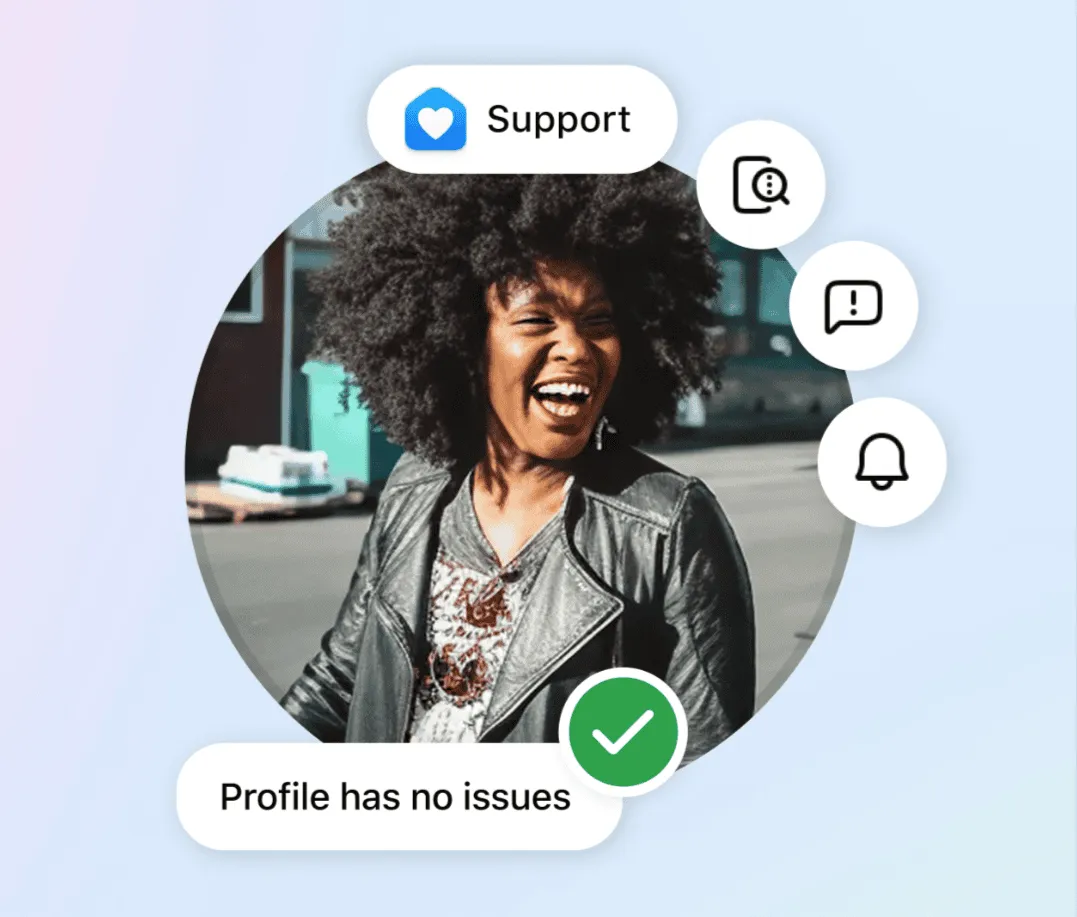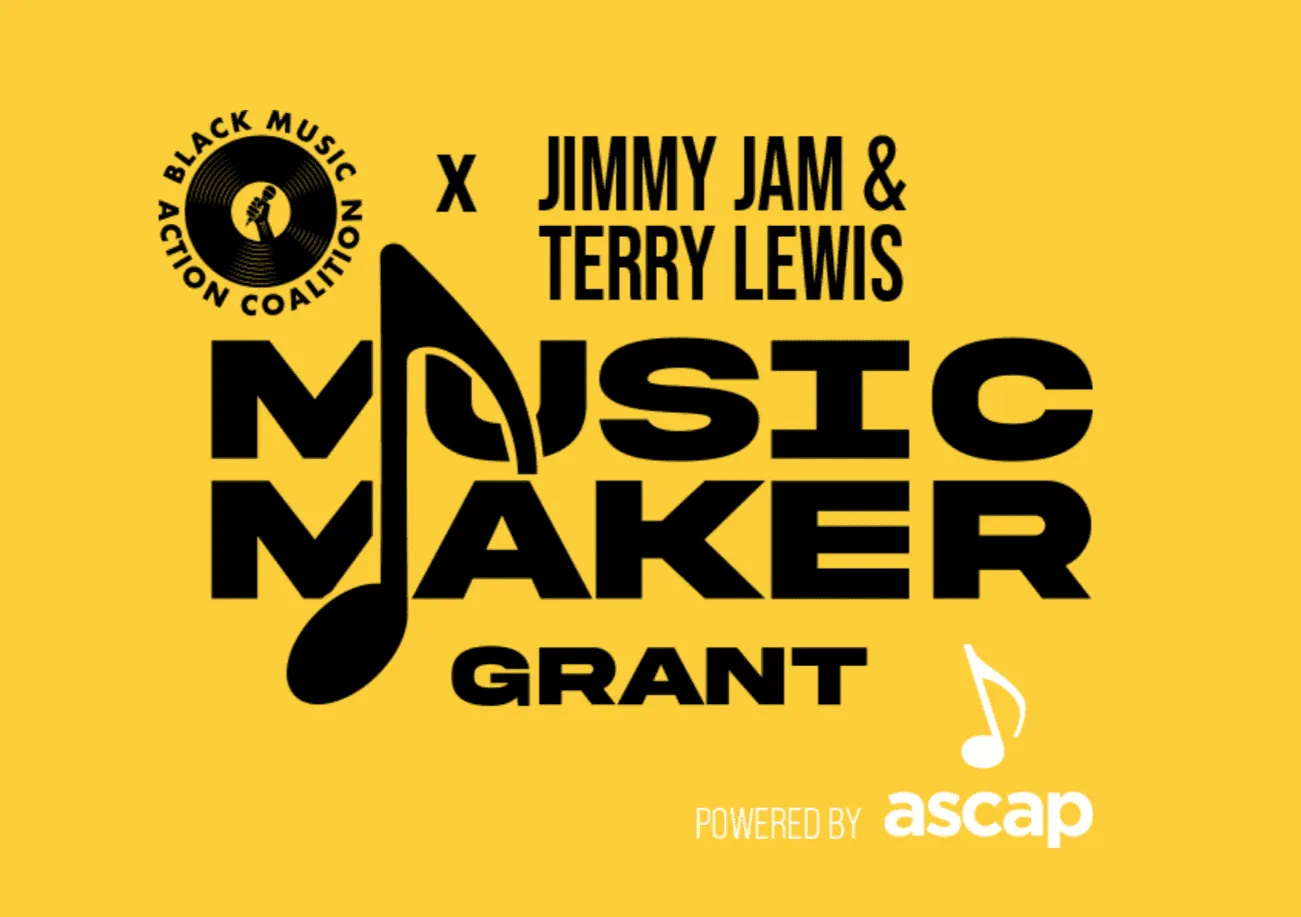
In this exclusive Hypebot interview, Ethan Bauley sits down with Jeff Price for a wide ranging conversation between two creative thinkers who know the industry. Price ran successfull indie label spinArt (Pixies, Apples In Stereo) before founding TuneCore which is democratizing digital distribution with its low cost flat fee model. Ethan Bauley is a musician and Director of Social Media Strategy at M80, a WPP agency. M80’s sister company, m80 Music, is Dengue Fever‘s record label.
Ethan: Now that the revenue model is up in the air, what are the different roles recorded music plays for musicians besides making money? Is it just money, is it just promo?

Jeff: It’s the right question to ask. Is art for art sake, is it art for commerce, is it something else? And that’s really up to the person or the band, or the graphic designer, or actor or actress, or slam poet or whoever makes it. Usually people make art or creative things out of passion, sometimes out of a want for money. It’s really up to the individual or group to define what they want out of it.
What’s interesting is the way things have changed, how people are enabled to achieve success on their own as opposed to having to rely on
other people deciding that they’re going to have an opportunity.
Instead, they can decide for themselves and that’s what I find
fascinating. I call it the democratization of an industry.
If you go back and look at a band like the Beatles or Led Zeppelin at
the height of their success, you see that they were financially able to
record music. They were able to write music. They could even
manufacture a product like CD’s or vinyl or 8-tracks. If they had the
money, they could even market and promote themselves. They could also
gig. But the one thing that they could not do on their own was
distribute their music into retail locations across the country (if not
around the world) where people could go to buy it.
Record labels had an exclusive stranglehold on that; record labels had
the deal with the physical distributor. So, if you were an artist you
had to do a deal with the label because the label would then be able to
take your “product” and put it into the store through its distributor.
That enabled this magical opportunity where the record or single or
whatever could get bought. And when it got bought, commerce occurred
and commerce fed the food chain; it enabled a musician in particular to
generate revenue from their passion and in turn gave them validation
and (hopefully) the resources necessary to continue to pursue what they
love to do.
So a record label would only make money if the music sold, primarily.
To really boil it down, record labels made people famous and they made
money off of that fame. That’s the whole equation. What’s interesting
now is: record labels make people famous, but the way they make the
money off of that fame has to change because the traditional way they
used to do it (by selling the music) is sort of the thing that everyone
can get for free and in unlimited quantity. So they’re struggling
with, "How do we equate fame with money?"
[editor’s note: Jeff will offer one answer this question later in the interview when we discuss the TuneCore API ]
Ethan: To digress even deeper into the history of recorded music, one thing that I’ve enjoyed about reading your blog and observing the way you’ve positioned TuneCore is that it makes sense in the context of the changing technological infrastructure. For all that’s written about "digital media", I think that the practical implications of network distribution are under-reported and under-analyzed.
I love how you talk about the economic history of media industries generally and particular the music industry. These economics are crucial to designing new businesses that can solve real problems and be profitable. Have you ever read Yochai Benkler’s book The Wealth of Networks [
free pdf], by any chance?
Jeff: I have not.
Ethan: It’s an analysis of the change we’re talking about: from communications tools being expensive and "owned" by a third party (cable TV lines, printing presses, etc) to being cheap and plugged into a decentralized network that most people have access to. In 2008, your mom publishes on YouTube, and so does Universal Music Group. These tools are very powerful and scalable and they’re accessible to the vast majority of the population (instead of just a few for-profit enterprises).
So anyways, TWoN is about the implications of this change; it’s about how these cheap and powerful communications tools influence everything from music and media business models to our culture and ultimately our political liberty.
The reason I bring the book up is because is loops back into your point about people’s motivation for making art and the rationality of it (or irrationality of it). My favorite sentence in that whole book, and I’m paraphrasing here, is: Now, the only barrier between a individual wanting to communicate on a grand scale (i.e. make music or write something that could be read by millions) is simply the desire to make it. The barrier is not investment or capital requirements.
I think that this insight has huge implications for a lot of industries, but most viscerally for industries whose underlying "product" is art.
Jeff: Valid point. It’s absolutely true; it’s the shift in society enabling creative people to have access to the tools they need to realize their creativity.




